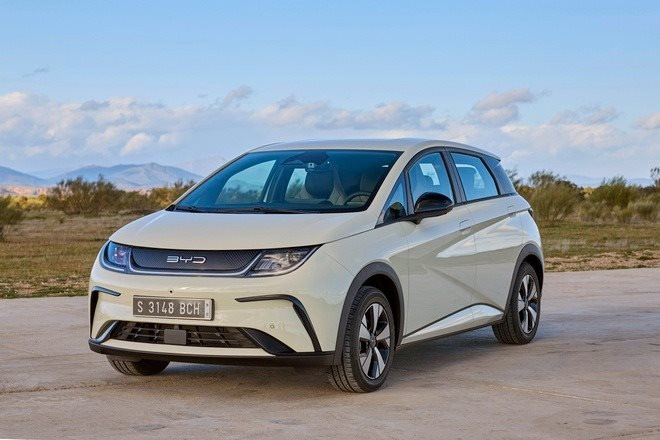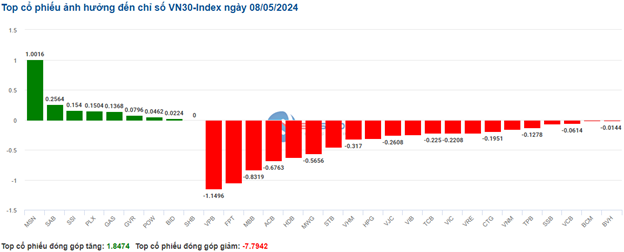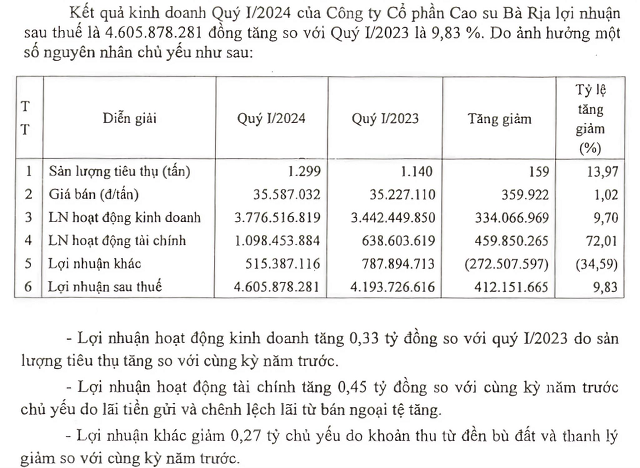Chinese electric vehicle (EV) makers like BYD, Neta Auto are poised to challenge Japanese automakers’ dominance in the Indonesian market as they announce new investment plans and roll out their latest models.
Indonesian property developer Suryabuat Swadaya announced on May 1 that BYD will build a $1 billion, 108-hectare plant in West Java province. Construction is expected to begin in August, with operations set to commence in January 2026. The plant’s production capacity has not been disclosed.
“We believe this will drive the development of Indonesia’s automotive industry and the transition to clean energy,” said Eagle Zhao, BYD Motor Indonesia’s managing director.
As Southeast Asia’s largest auto market, Indonesia is estimated to absorb about 1 million cars in 2023. Japanese brands like Toyota, Mitsubishi control over 90% of the market, but Chinese automakers are using EVs as their “weapon” to penetrate the market aggressively.
“This year, Neta Indonesia is committed to increasing our investment in Indonesia by starting local production,” said Jerry Huang, Neta’s chief executive. In November, the company signed an agreement with Indonesia’s Handal Indonesia Motor to assemble EVs in the country. Assembly is scheduled to begin in the second quarter this year.

The BYD Dolphin is available in Indonesia at a price of around $26,115 (IDR 663.5 million), half the average global price for an EV but still well above what many Indonesians can afford given the country’s average monthly wage of just over IDR 3 million ($4.7 million).
BYD recently introduced its Dolphin hatchback in Indonesia, with deliveries set to begin in July. The car will initially be imported from China. It is priced at around $26,115 (IDR 663.5 million), half the average global price for an EV but still well above what many Indonesians can afford given the country’s average monthly wage of just over IDR 3 million ($4.7 million).
Neta, meanwhile, has launched its Neta V-II, priced between IDR 200 million and IDR 300 million ($315-473 million), making it the cheapest model in its Indonesian lineup. “The Neta V-II is the beginning of our commitment to the Indonesian market and will become Neta’s first locally assembled product,” Huang told local media.
In the US and many other markets, demand for EVs is slowing, leading to fierce price competition in countries like China, Thailand.
However, BYD officials are upbeat about the Indonesian market, saying demand is growing, driven by young families and first-time car buyers. They believe that Indonesia’s EV market will continue to grow, helped by government incentives.

The Neta V-II has been introduced to the Indonesian market.
In addition to BYD and Neta, Hyundai Motor has started full-scale local production at its plant in Indonesia, while Wuling Motors also operates an assembly line for its Air EV in Cikarang. Vietnam’s VinFast also plans to open a plant in Indonesia soon to manufacture EVs. The plant is capable of assembling up to 50,000 EVs annually.
Japanese makers, meanwhile, are focusing on developing hybrid vehicles rather than making an immediate switch to pure EVs.
According to data from the Association of Indonesian Automotive Industries, the country’s sales of battery-powered electric cars rose by almost 70% last year, from 10,327 units in 2022 to 17,051 units in 2023. Zachary Mark Hollis, VinFast’s sales director for Asia, said that Indonesia’s EV market could grow to 50,000 units in 2024 and up to 100,000 units in 2025.
Indonesia’s hybrid car market is also expanding, with sales rising to approximately 54,000 units in 2023, up 5.2 times.








































